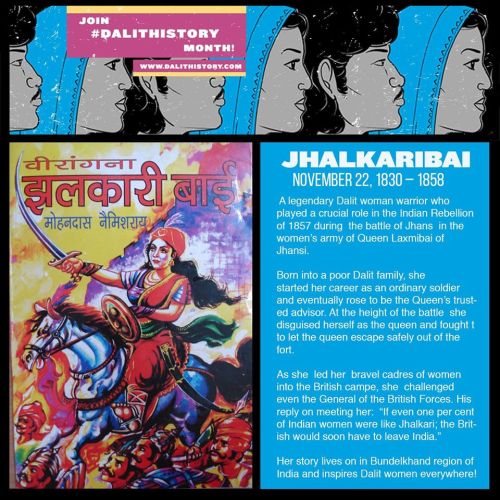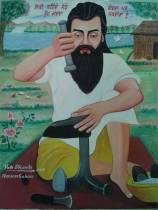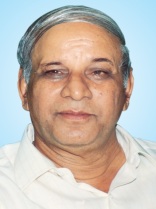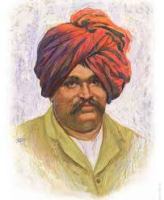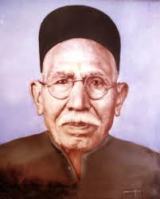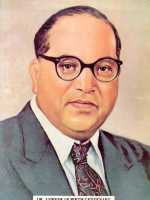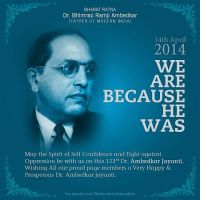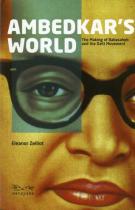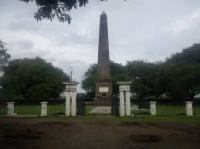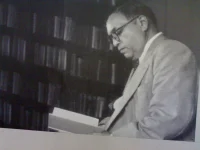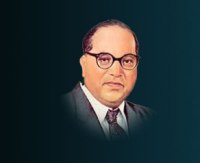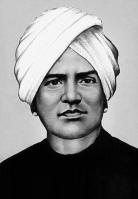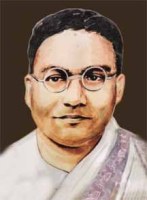Today in Dalit History we honor the inspirational Living Smile Vidya. An activist, actress and author, Living Smile Vidya has transformed trans politics in India through the fearlessness of her work in all of her creative mediums.
Born into an Arunthathiyar community, Living Smile Vidya writes poignantly of her journey to be recognized as a woman in her breakthrough biography “I am Vidya”, India’s first transgender autobiography. The book outlines her struggles with gender realization as a transwoman in her teenage years, her traumatic gender reassignment surgery, and her turbulent journey with her family. Originally written in Tamil it has now been translated into English, Malayalam, Kannada and Marathi and is taught in colleges throughout South India. In addition to the book, a critically-acclaimed Kannada film, “Naanu Avanalla, Avalu (I am not he, I am her)” adapted her story and has won mwon 2 National Awards and a Sahitya Acakemi Award.

Beyond her writing, Living Smile Vidya is also an accomplished actress. She was the first full-time trans theatre actress, and her acting to date includes 20 performances with 9 eminent theatre directors. She also made the leap from theater to film acting in short films and documentaries. Her performances have tackled the changing face of masculinity and the ongoing exploitation of Dalit women, while addressing humanity and peace in relation to gender and political space. For her substantial body of performance work, the British Council for excellence in Theatre awarded her the Charles Wallace India Trust scholarship in 2013.
The tcenter of her creativity though is her activism. Living Smile Vidya through her own painful experience, speaks out against the violence that occurs to her community when trans people are stigmatized and forced to beg or do sex work to survive. She fought that sentence; and was one of the first trans people to work in a professional setting as a banker. With this win, she continued to fight for the recognition of her community by being the first trans person to have her chosen gender identity reflected in her passport.
Living Smile Vidya continues to fight for trans affirmative action that reflects the intersectionality of their identities under caste patriarchy. She asserts that the unique trauma of growing up a trans creates an emotional, social and economic space that must be addressed on its own. This is a new frontier for her activism; as she was one of the five transgender people, who, last November, had approached the Madras High Court demanding a 3% reservation under a new category, mirroring those for people with disabilities. She asserts that affirmative action is vital to this journey: “When parents see a transgender child, they think of begging or sex work as their future. How will they accept their own children if these are their only options?”
To her leadership, courage, beauty, and a powerful truth, we salute Living Smile Vidya! Jai Bhim!
Please share the information with your friends. Follow the Dalit History Month on Facebook from here and check www.dalithistory.com






